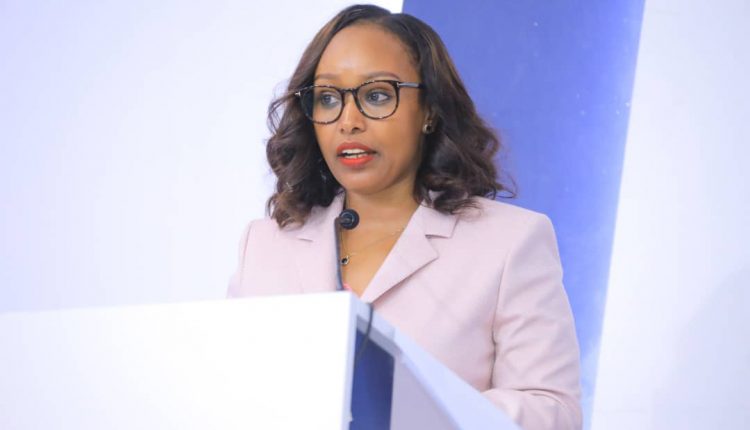MoPD Minister showcases multibillion-dollar investment opportunities across key sectors
Addis Ababa, May 12, 2025 (FMC) – Ethiopia’s Minister of Planning and Development, Fitsum Assefa, has presented a comprehensive investment pitch identifying multibillion-dollar opportunities in energy, healthcare, pharmaceuticals, ICT, manufacturing, real estate, and tourism, while outlining the government’s recent reform efforts to create an enabling business climate.
At the opening panel of the Invest in Ethiopia 2025 High-Level Business Forum held at the Ethiopian Skylight Hotel, Minister Fitsum highlighted that Ethiopia’s policy shifts, including the enactment of the Special Economic Zone (SEZ) proclamation, import substitution strategy, and the “Made in Ethiopia” initiative, have helped revive underperforming factories and boosted capacity utilization across industries. The initiative, backed by top leadership, has particularly benefited exporters and halted production closures.
She outlined that Ethiopia’s pharmaceutical market, which was worth $1 billion in 2020, is projected to grow to $3.6 billion by 2030, with more than 70% of current demand met through imports. She emphasized opportunities in producing essential medicines, oncology drugs, and medical equipment, supported by a dedicated pharmaceutical SEZ at Kilinto with tax incentives of up to 14 years and tailored infrastructure.
In the energy sector, Fitsum noted Ethiopia’s capacity to generate over 60,000 megawatts of renewable power, citing rising electricity demand growing 30–35% annually and government plans to expand installed capacity to 17,000 megawatts by 2030. Over $263 million was earned from power exports to neighboring countries in just ten months, with cross-border transmission expansion underway.
The digital sector, she said, is growing fast with an $11 billion market size, propelled by supportive reforms such as the Digital Ethiopia strategy, competitive electricity prices, and dedicated ICT parks. Investment openings include data centers, cloud services, fintech, and smart city technologies.
In manufacturing, Ethiopia’s potential spans agro-processing, EV assembly, construction materials, and chemicals. She pointed out that Ethiopia ranks seventh globally in livestock population, enabling a vibrant leather and textile sector, with over 3,700 companies and vast cotton-producing land.
Minister Fitsum also underlined opportunities in construction and real estate, noting the sector accounts for 21% of GDP. Housing demand is projected to reach 471,000 units annually through 2035, against a current supply of 165,000 units. Public-private partnerships are already showing results in affordable housing initiatives.
In healthcare, she pointed to $5 billion in annual spending, including over $100 million spent abroad for specialized treatment. She urged investors to consider tertiary hospitals, diagnostic services, and medical manufacturing, stressing long-term government procurement guarantees.
Tourism and mining also featured prominently in her presentation. Citing Ethiopia’s rich cultural and natural heritage, she called for investment in star-rated hotels, eco-lodges, and adventure infrastructure. In mining, recent reforms and strong export performance — $2.5 billion in gold in ten months — were highlighted alongside potential in lithium, potash, platinum, and industrial inputs.
Concluding her address, Minister Fitsum said Ethiopia is “a new horizon of hope” undergoing structural transformation. She invited international investors to partner with the country’s future and “shape it together.”

